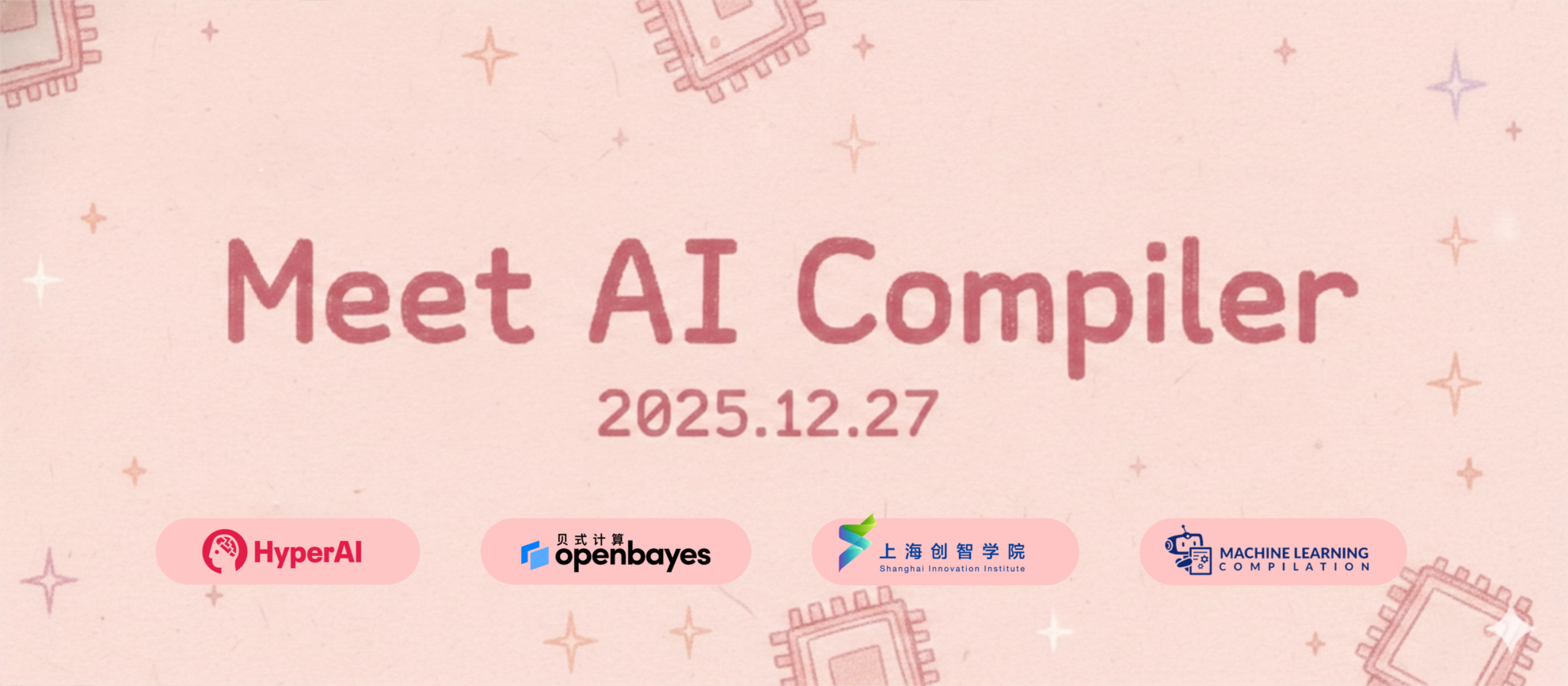Command Palette
Search for a command to run...
Facebook Was Sued for Violating the non-compete Agreement, and PyTorch's Key Technology Was Suspected of Infringement

Recently, a lawsuit has caused widespread discussion in the community. The lawsuit was filed by the startup Neural Magic, accusing Facebook of using the core algorithm they developed in the neural network software released to GitHub. The person who leaked the secrets was an employee who jumped from the company to Facebook.
Facebook is in trouble again! This time it is being sued by a startup for stealing its algorithm.
Last week, startup Neural Magic sued Facebook in Boston District Court, claiming that Facebook stole and disclosed Neural Magic's core proprietary algorithm technology and intellectual property.

Enables efficient use of acceleration hardware
This incident was caused by the job-hopping of the company's core personnel. To put it simply, Facebook poached Neural Magic’s first employee, technical director Aleksandar Zlateski, and had him reimplement the key acceleration technology that is now part of PyTorch.

FB poached people and also took away core technology?
Neural Magic is a startup based in Somerville, USA, co-founded in 2017 by MIT researcher Dr. Alex Matveev and Professor of Electrical Engineering and Computer Science Nir Shavit.
The company focuses on researching AI algorithms, trying to enable engineers to handle deep learning computing problems without using GPUs or dedicated chips, thereby reducing hardware costs.

In 2019, the company launched a new algorithm that enables convolutional neural network (CNN) models to run quickly on CPUs, with speed and results even comparable to GPUs.
In July 2019, the company's technical director Aleksandar Zlateski left and joined Facebook.This also became an inducement for this prosecution.
According to information, Zlateski is a postdoctoral fellow under Professor Shavit, majoring in computer vision.
He was also the first employee to join Neural Magic as technical director. The company gave him an annual salary of $165,000 and gave him stock options.

While at Neural Magic, Zlateski had access to all of the company's trade secrets, confidential information, proprietary information, and future business plans, and was a key figure in creating software and compiler source code that encapsulated Neural Magic's proprietary algorithms.
Although Zlateski signed a confidentiality and non-compete agreement when he changed jobs, and guaranteed that the content of the new job had nothing to do with the original company.However, Neural Magic discovered that the company's core algorithm was open-sourced by Facebook at the end of 2019.Industry insiders speculate that this key technology may be Glow, the deep learning compiler that Facebook is trying to use to "unify all AI chips."
Neural Magic asked FB to delete the code but was rejected
Neural Magic was naturally angry that its core algorithm was open sourced, and they filed an appeal in the Boston (Massachusetts) District Court, trying to use legal means to protect the intellectual property rights of their technology.The company said it had "no alternative but to litigate."
The defendants in the lawsuit are Aleksandar Zlateski and Facebook.

The lawsuit states that Facebook released and publicly announced an algorithm on GitHub in November 2019 that would enable neural networks to efficiently run machine learning tasks on ordinary CPUs.But the technology is essentially the core algorithm of Neural Magic.
The lawsuit also claims that Facebook publicly thanked Zlateski at a meeting in December and said he had made significant contributions to solving this critical problem.
Neural Magic also mentioned that it had written to Facebook and Zlateski to request the removal of the project on GitHub. But in a series of letters,Facebook and Zlateski's lawyers have refused to remove the code and have not stopped Zlateski from misappropriating Neural Magic's proprietary and confidential information.
Zlateski, the protagonist of the incident, claimed in the lawsuit that he benefited greatly from the Neural Magic team and other members. However, after he joined Facebook, the technical work he did had nothing to do with his time at Neural Magic.
Neural Magic added that they can only see what Facebook has already published to GitHub. Zlateski can continue to disclose more information to Facebook for internal use or in future open source releases. These continued disclosures will further damage the company's business and market opportunities.
Reddit users can't sit still
Once the incident was disclosed, it immediately attracted the attention of netizens in the community. On the Reddit forum, many netizens left messages and expressed their views on the matter.
Supported by Facebook:
“ If an employee learns math on the job, that knowledge doesn't become the property of the employer, sorry Neural Magic
If an employee learns math on the job, that knowledge is not the property of the employer, and the same is true for Neural Magic.”
There are also those that support Neural Magic:
“ I am not a lawyer, but the issue seems to be that an ex-employee shared trade secrets, which Facebook would have otherwise been fine to develop independently or reverse-engineer. No patents or copyright violation claimed.
I'm not a lawyer, but it looks like the former employee shared a trade secret and Facebook should have chosen to develop or reverse engineer it independently. There would be no patent or copyright infringement issues.”
Facebook may lose both money and code
Neural Magic is seeking three times the actual damages and punitive damages, as well as attorneys’ fees.Forfeiture of property, including its trade secrets, and an injunction prohibiting further use of its trade secrets.
The case is under trial, and neither party has commented on it. But judging from the discussion among netizens, Neural Magic is likely to win the case. If so, Facebook will not only have to pay financial compensation, but may also face the loss of some of its code being disabled.
-- over--





